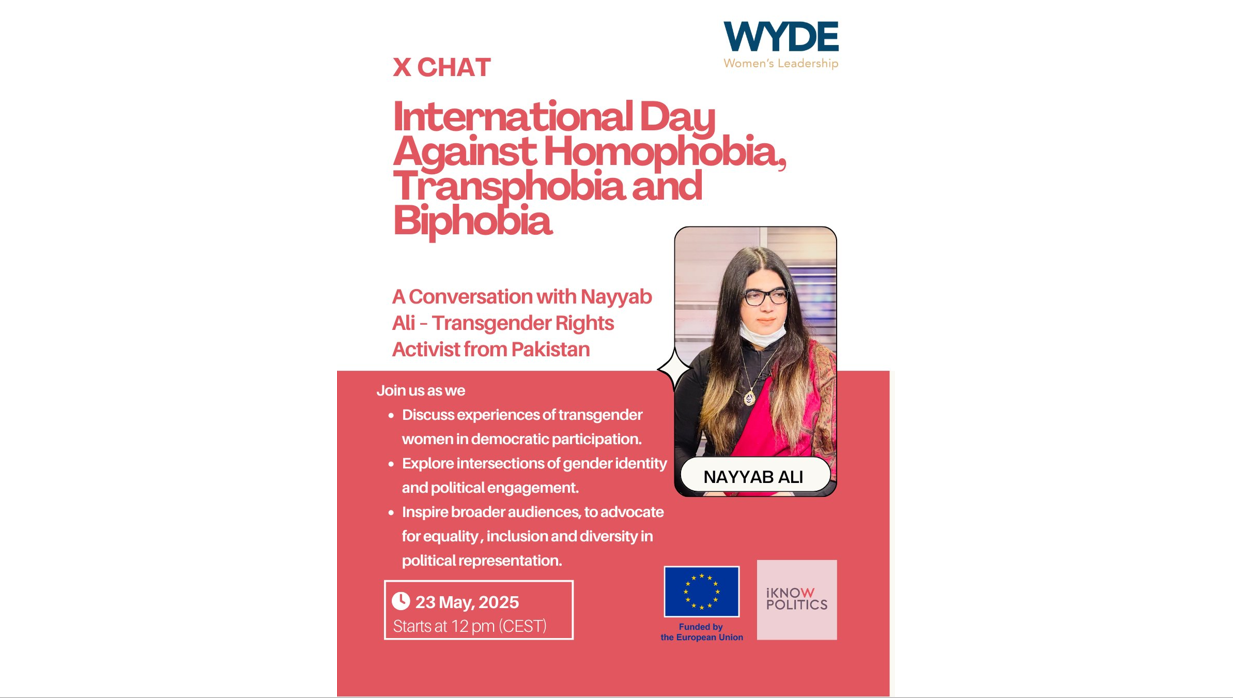Women in politics cry out over online violence ahead of 2026 elections
Women in politics cry out over online violence ahead of 2026 elections
What you need to know:
-
Aritua called for a multi-stakeholder approach, urging the Uganda Communications Commission and other regulatory bodies to crack down on digital abusers.
As Uganda prepares for the 2026 general elections, women in politics are raising concerns over persistent online violence, which they say is silencing them and deterring participation in public life.
What you need to know:
-
Aritua called for a multi-stakeholder approach, urging the Uganda Communications Commission and other regulatory bodies to crack down on digital abusers.
As Uganda prepares for the 2026 general elections, women in politics are raising concerns over persistent online violence, which they say is silencing them and deterring participation in public life.









